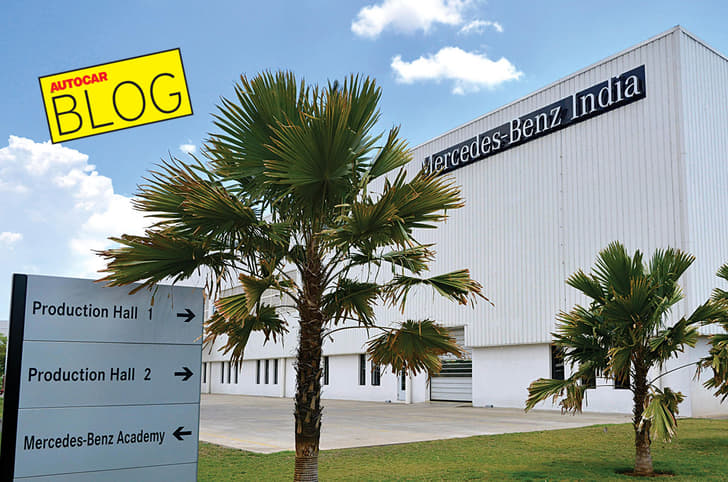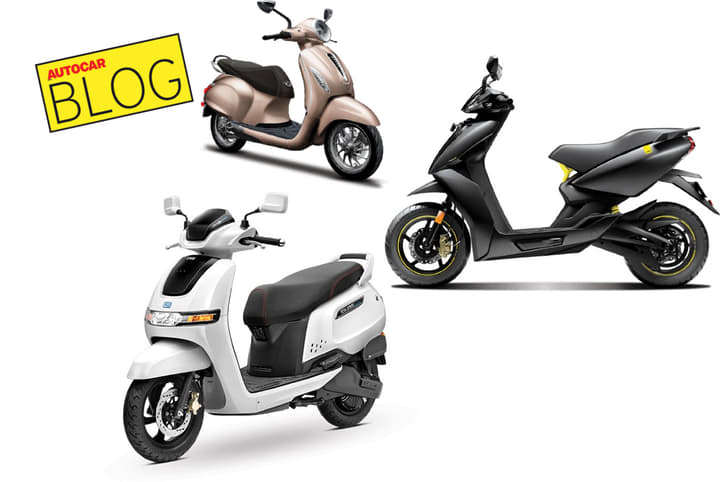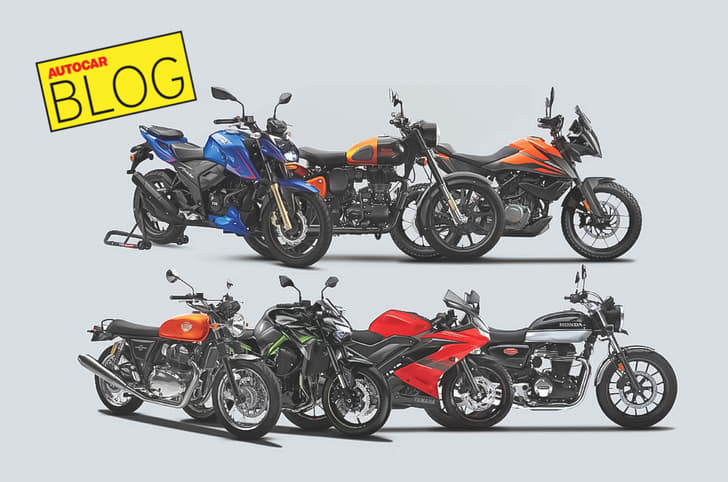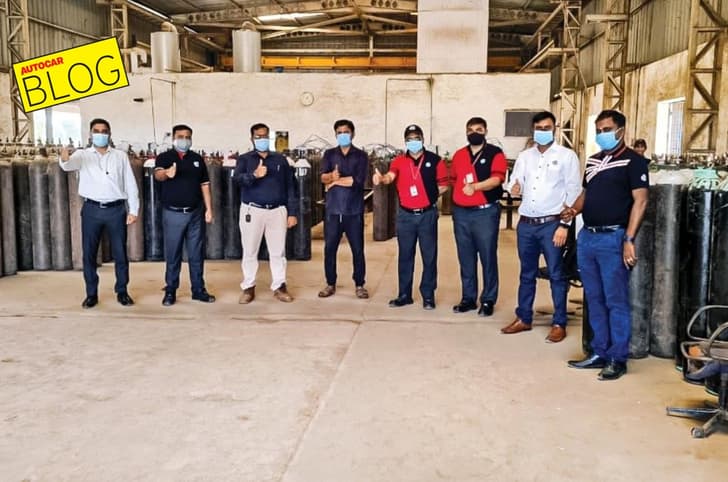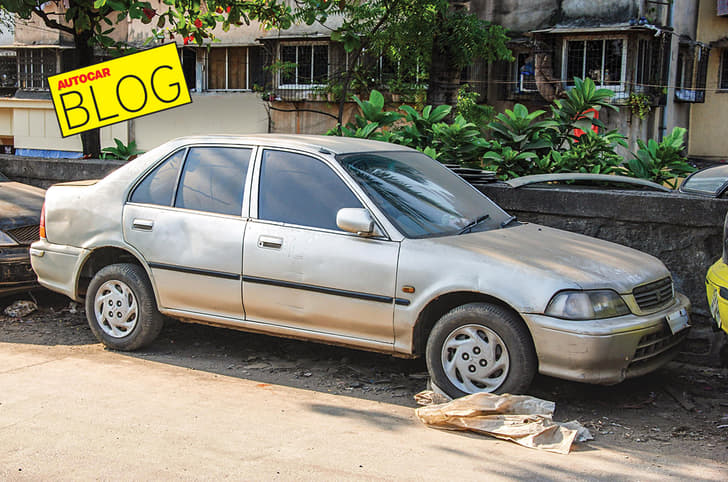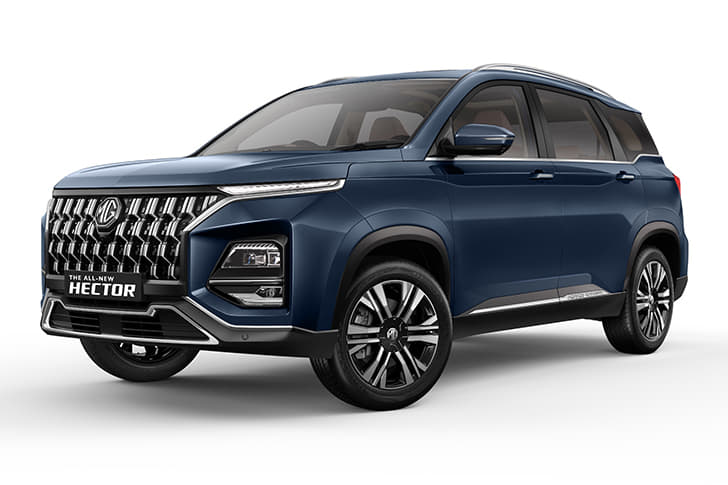We wanted to vaccinate every citizen with Indian made vaccines, we even said we would be the pharmacy to the world, but in the end, faced with the catastrophic second wave, we had to accept that as far as vaccination was concerned, we could not be Atmanirbhar or self-reliant.
Please don’t get me wrong, our intent is absolutely fine, nothing wrong in trying to be more self-reliant, but as with everything in life, it needs balance. And this applies to the Indian auto industry too. Sure, there are pros to a self-reliant auto industry, but there are cons too, and thus self-reliance needs a measured application in the Indian auto industry.
In the old days, countries and even villages were self-reliant, but with time, modernisation and the industrial revolution, the human race realised that globalisation was the way of the future. In one of Richard Branson’s books, I remember him saying that The Elders – an independent group of global leaders working for peace and human rights – saw that countries that had a healthy two-way trade had fewer wars and bilateral problems. In some ways, self-reliance takes away good trade leverage, secludes and isolates your business and diminishes the dream of a truly united, borderless world.
These utopian visions aside, there is also quality and cost, globalisation balances this often difficult equation. Some regions have certain raw materials and human skills, labour rates too vary, thus, instead of everyone importing required raw materials and making everything themselves, in certain cases it makes better sense to import a finished component or product. A global market also means manufactures can keep costs down and retain quality, and we must remember that the auto industry is, and for the foreseeable future will be a global game.
Take, for example, the microchip, which is currently in short supply the world over. Do we therefore rush to make microchips ourselves? Not necessarily, while we have extensive expertise in chip design, most experts in the field say we lack the complete eco system of raw materials, manufacturing expertise and investments to set it all up. So for now at least, it makes sense to carry on imports. This helps bilateral trade and it’s also what makes world-class cars. The world’s best components at the best price is what wins.
Look at the famed German, Japanese and American auto industry, they were once self sufficient but today they have spread their network around the world, not because they make self-reliant cars but world class ones. That’s the crux of the matter. For example just look at Mercedes- Benz, not only do they use global components in their cars but their F1 team technically isn’t even German, and it’s based in the UK.
What successful global automakers have done is taken the best from around the world to make their products, and have successfully marketed them globally. And that’s what we really need, if we want a truly global auto industry, beyond self-reliant cars, what we’ll need is world-class ones.


